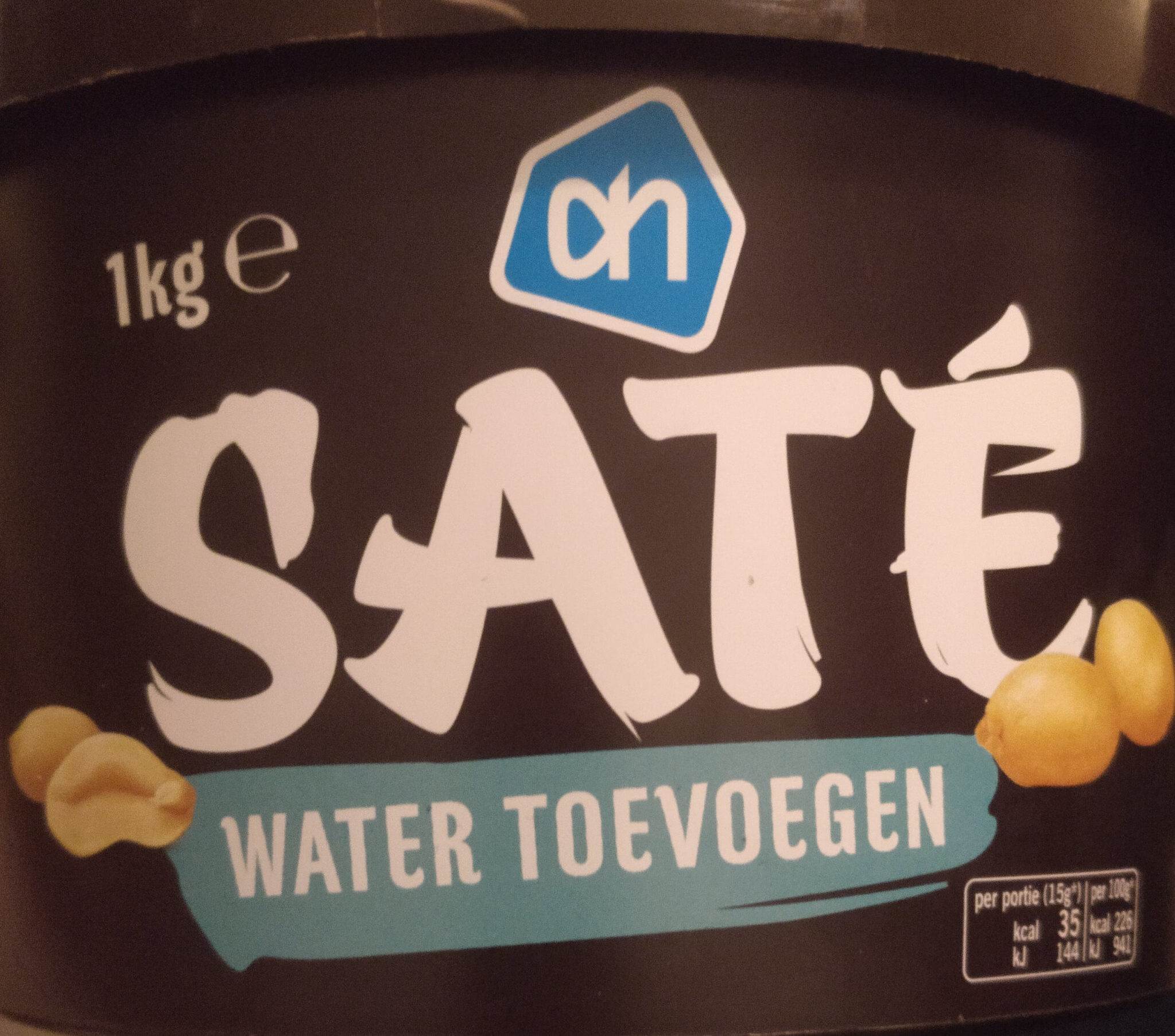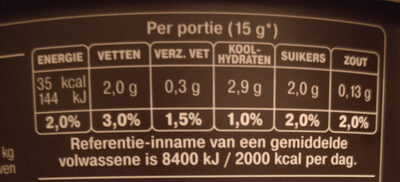Saté water toevoegen - Albert Heijn - 1 kg
This product page is not complete. You can help to complete it by editing it and adding more data from the photos we have, or by taking more photos using the app for Android or iPhone/iPad. Thank you!
×
Barcode: 8718907398251 (EAN / EAN-13)
Quantity: 1 kg
Brands: Albert Heijn
Categories: Condiments, Dried products, Dried products to be rehydrated, Sauces, Peanut sauces, Satay sauces
Stores: Albert Heijn
Countries where sold: Germany, Netherlands
Matching with your preferences
Report a problem
Data sources
Product added on by scanperson9000
Last edit of product page on by bertusdendroef.
Product page also edited by aleene.
If the data is incomplete or incorrect, you can complete or correct it by editing this page.












